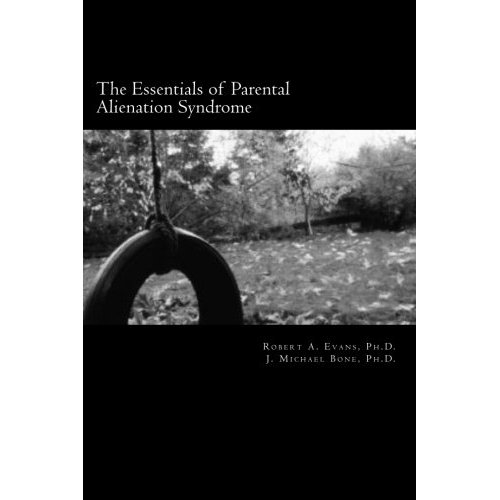If you are an attorney and you are trying to prove Parent Alienation is operating against your client or you are defending your client against Parental Alienation (PA) allegations, you are going to need experts. The field of forensic mental health, especially the sub-specialty of child custody, has evolved in complexity.
First, there is a distinction between therapeutic and forensic roles. And within the forensic discipline there are experts who testify and those who are hired solely for trial preparation.
It is highly significant that mental health professionals maintain distinctive roles and do not confuse or intertwine them in a case.
A mental health professional hired as an expert witness is expected to present under oath a mental health/psychological opinion to a court. A mental health professional hired as a trial consultant is not expected to testify.

Non-testifying consultants can be hired to:
- Review a work product of another mental health professional, such as a child custody evaluation and prepare direct and cross-examining questions for an attorney to ask the evaluator
- Educate an attorney or their client(s) on the prevailing research on a particular topic such as PA
- Assist an attorney in preparing their legal/trial strategy with the psychological aspects of the case
- Assist an attorney in conceptualizing, preparing and presenting psychological elements of a case.
Testifying expert roles include:
- A court appointed evaluator
- Didactic expert providing mental health/psychological information/research without having reviewed any case related documentation
- Evaluator hired by one side
- Review of another mental health professional’s work product
Regardless of how the mental health expert is retained there is an obligation that they adhere to the ethical codes of conduct and professional practice guidelines. For psychologists these guidelines are set by the American Psychological Association. Other professional associations have their own guidelines, such as the National Association of Social Workers or the American Psychiatric Association. In some circumstances these guidelines are not just voluntary, in Florida for example, the APA guidelines are incorporated into the relevant statutes and that makes them mandatory.
There is also an obligation for them to testify accurately about the present research so as not to mislead judges, provide an unbiased presentation and be consistent with the oath of “telling the whole truth and nothing but the truth”.
Ethical mental health professionals are familiar with relevant research, can report the differences between scientific methodology and that which is less so, can interpret test data without computer generated interpretive reports and have developed hypotheses based on their own research. Keep this information in mind when preparing to pursue and defend a Parental Alienation case in court.


